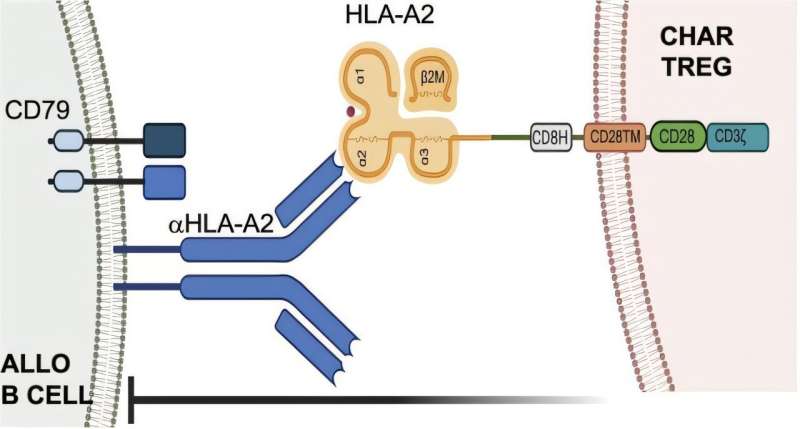Similar strategies have been used to stimulate the immune system against certain cancers, but Ferreira’s team is the first to show its utility in tamping down immune responses that can lead to organ rejection.
More than 50,000 organ transplants take place each year in the U.S. While often lifesaving, these procedures depend on a precise match between donor and recipient genes to avoid rejection. When the immune system detects foreign tissue, it can attack the transplanted organ.
For decades, doctors have used immunosuppressant drugs to lower the risk of rejection. But these drugs work broadly, suppressing the entire immune system. This can lead to side effects and shorten the life of the transplanted organ.

